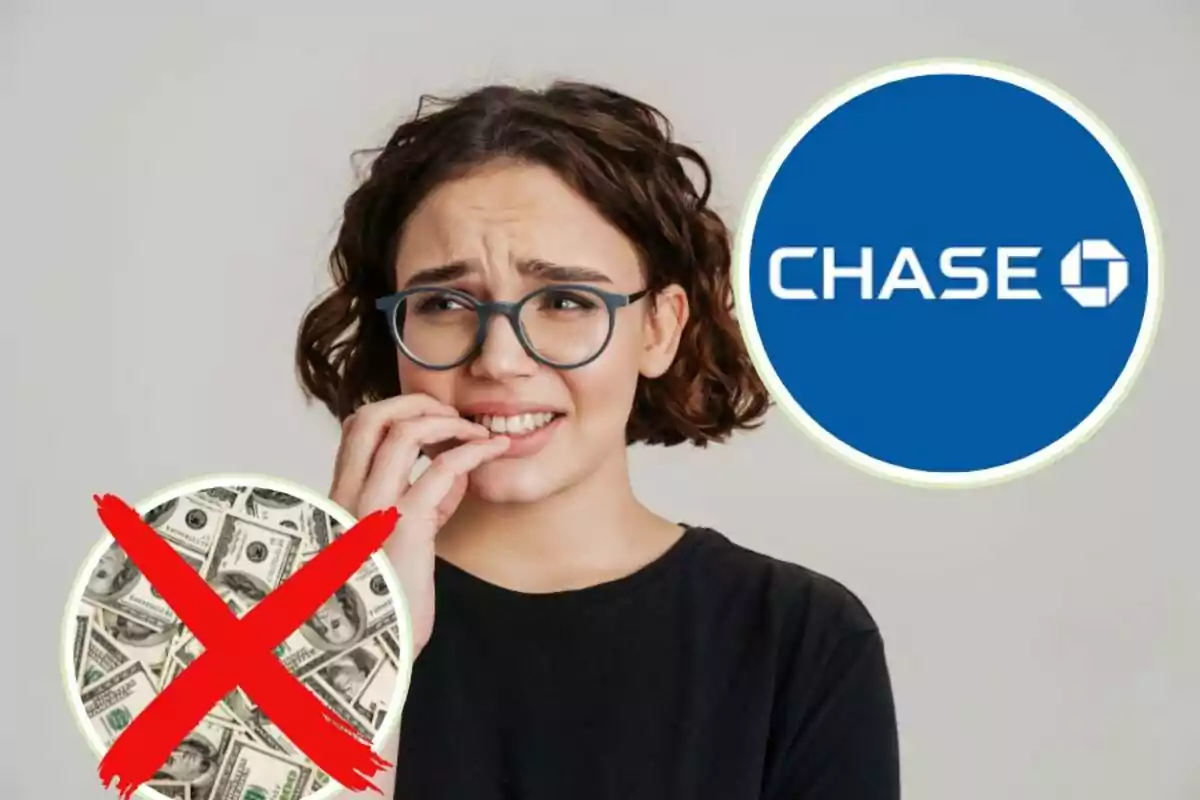In the United States, thousands of Chase Bank customers are on high alert. The bank has issued a new warning. We're talking about a real threat, and even if you're not a regular customer, caution is now more important than ever.
The problem almost always starts the same way. You receive a call or an SMS that looks official: they tell you there was a suspicious transaction or that your account has been blocked. They ask you to confirm information, including your account number, PIN, or passwords.

Many times, they use spoofing so the caller ID shows an official Chase number. This is known as vishing, a type of phishing by voice that uses automated or recorded calls to deceive.
Pay attention to this message from Chase Bank: your savings are in danger
Chase, in their awareness campaign, reminds customers that they should never give their account number over the phone, nor passwords, nor authentication codes. Nor should you do what these scammers ask: "it's forbidden," they insist, "because it can have fatal consequences for your finances."
If you suspect a call claiming to be from Chase, hang up and call the number printed on your card or from the official app directly. Then, if you receive an SMS, like those that mention you should reply "Yes" or "No," don't interact. In 2023, thousands of people lost hundreds of millions by responding or clicking on fake links.
Why Chase Bank will never ask you for this over the phone
It's a basic security rule: neither Chase nor any legitimate bank will ask you for information like account number, passwords, or PIN over the phone. If you're a victim and you authorize a transaction, the bank won't reimburse you because technically you gave your consent, even if you were deceived. This proves how important it is not to share that kind of information.

In a real case, a person lost 24,500 USD after following instructions from a scammer who pretended to be from Chase's "fraud unit." They ended up redirecting their money, claiming they were helping with an internal investigation, when in reality they were criminals.
Fatal consequences: possible scam and how to trust
These attacks can cost thousands of dollars. Criminals can also sell your information on the dark web, so it's crucial to trust only official sources. Download the app, enable two-step verification, and secure your devices with antivirus software.
If you suspect a call, hang up immediately and call Chase yourself using official channels. Check your transactions and alert the bank if you see anything irregular. You can also report the attempted scam to the FTC or your local police.

